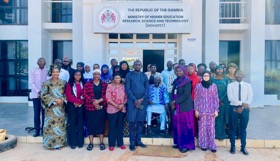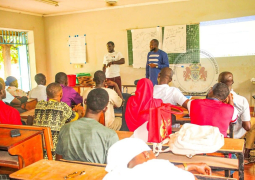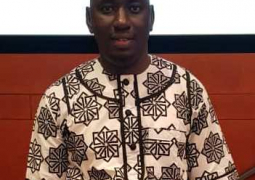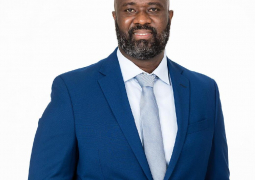
Officials said the policy would help address various issues relating to gender inequality, inequity, and disability as they affect access, enrolment, retention, and graduation of females and persons with disability at the tertiary and higher education level.
Muctarr Darboe, the deputy permanent secretary at the MoHERST, said: “The initiative is geared towards building a system that is fair and that is empowering and accessible to all,” he said.
Education, he went on, is not just a pathway to opportunity, rather it is a “fundamental right. Therefore, this is essential for personal growth, social stability and national progress.”
Darboe added: “Our vision for an inclusive gender policy in tertiary and higher education, seeks to address barriers, promote equity and cultivate an environment where every individual, regardless of gender has an equal opportunity to succeed and contribute meaningfully to our society.”
He continued: “Our goal is not only to remove the barriers, but also to actively create a system that recognises and celebrates the strengths that diversity brings to the learning environment and beyond.”
This policy initiative, he went on, “stands as a testament to our shared commitment to creating a more inclusive education system, thereby establishing a framework that upholds gender equality. We are laying the groundwork for a brighter future where institutions empower individuals to become agents of change in their communities and beyond.”
Kumba Jammeh, Principal Research Officer and the Gender Focal Person for the MoHERST, said: “We have observed from the past that female and disabled students and workers experience different issues ranging from stereotypes, harassment, abuse among others.”
She added: “Therefore, we are urged to create this policy in order to ensure that we do away with such issues and create a better learning environment for females and persons living with disability.”
Dr. Habibatou Drammeh, a staff of the University of the Gambia, spoke at length on the importance of the initiative, adding: “I expect that the policy addressed the most important aspects of gender in higher education.”





